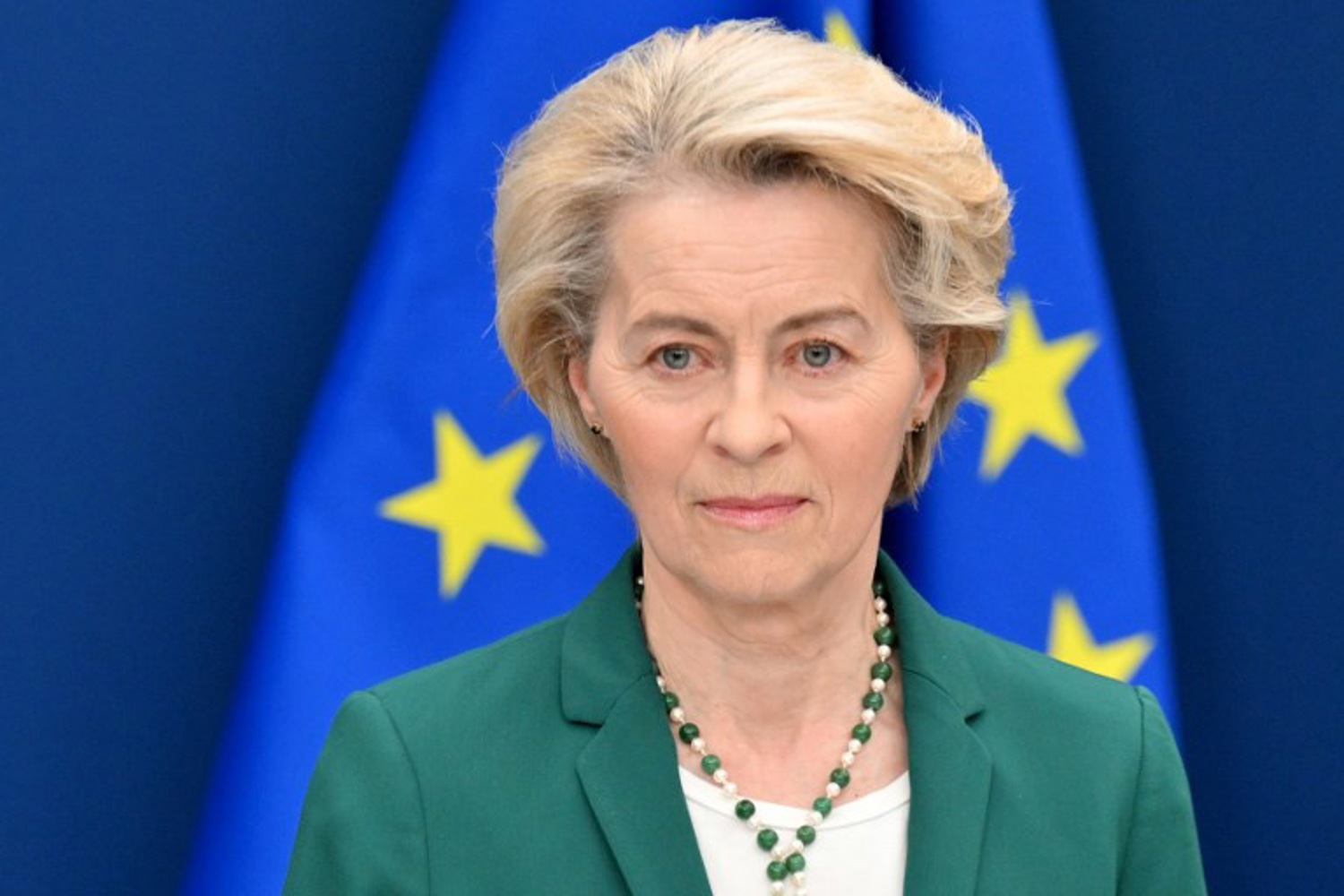The European Commission fined US tech giants Apple and Meta €500 million and €200 million respectively for breaching the rules of the European Digital Markets Act (DMA).
The Commission fined Apple because the iPhone maker is creating obstacles for app developers who want to direct consumers to alternative offers outside Apple's app store. Meta is being fined for its pay-or-consent mechanism, under which Facebook and Instagram users were forced to choose between automatically agreeing to targeted advertising based on personal data or paying to avoid those ads until November 2024.
"Apple and Meta have breached the DMA by introducing measures that increase the dependence of business users and consumers on their platforms," said Vice-President Teresa Ribera, responsible for competition policy. "All companies operating in the European Union must comply with our laws and respect European values."
'Play by our rules'
The European Consumer Organisation (BEUC) called the European Commission's decision good news for consumers to enjoy more of the potential benefits of this crucial law since it entered into application a year ago. "Today’s decisions are important to show Big Tech that if they choose to operate on the EU’s Single Market, they must play by our rules," said Agustín Reyna, BEUC's Director General.
"Apple and Meta have had ample time to comply with the Digital Markets Act but instead have delayed compliance and tried to twist the rules to their advantage," he said. "Consumers deserve better choices, and businesses need fairer market conditions in digital markets, so the Commission must enforce the law."
BEUC called the EU's Digital Markets Act "a gamechanger" in terms of opening up digital markets to more competition. "The Commission must enforce the Digital Markets Act effectively so that gatekeepers comply with all its provisions and consumers can reap the benefits of more and better choices in digital services."

European Commission President Ursula von der Leyen looks on during a press conference with Norway's Prime Minister at the EU Commission headquarters in Brussels on April 7, 2025. Credit: Belga / AFP
Meanwhile, the Computer & Communications Industry Association (CCIA Europe), an association representing American tech companies' interests in Europe, strongly criticises the decision for being "opaque and discretionary."
"The DMA’s credibility is being weakened by its unpredictable enforcement and shifting demands, combined with sweeping product-design mandates from the European Commission that disrupt the user experience and limit EU businesses’ ability to reach consumers," said Senior Vice President and Head of CCIA Europe Daniel Friedlaender.
The Commission is "redesigning business models of online platforms, moving goalposts, and limiting innovation," he said. "The DMA has become highly politicised, and could even force some companies to provide services at a loss. There is a huge opportunity for regulatory simplification in Europe – so far, however, the DMA decisions are going in the opposite direction."
Nothing to do with tariffs
The DMA has imposed a number of obligations on the largest digital players since March 2024 to improve free competition in these markets. This is the first time that the Commission has imposed fines under this new legislation. Both companies have 60 days to comply with the decisions.
In theory, sanctions under the DMA can amount to up to 10% of a company's global turnover. According to the Commission, the determination of these fines is based on the seriousness and duration of the infringements of these relatively new laws.
The EU stressed that the fines are separate from the tariff offensive unleashed by US President Donald Trump. A Commission spokesperson described the fines as neither high nor modest but proportionate. The decision to impose the fines was political after a technical assessment by Commission staff, the spokesperson explained.
He denied that the decision had taken longer time than normally because of the on-going trade negotiations with the US.
“A political decision was could be taken and was taken today,” he added, without waiting for the two Commission Vice-Presidents in charge to be available in Brussels for a press briefing. While the decision has nothing to do with the trade negotiations, the Trump administration is likely to describe the fines as non-tariff barriers.

